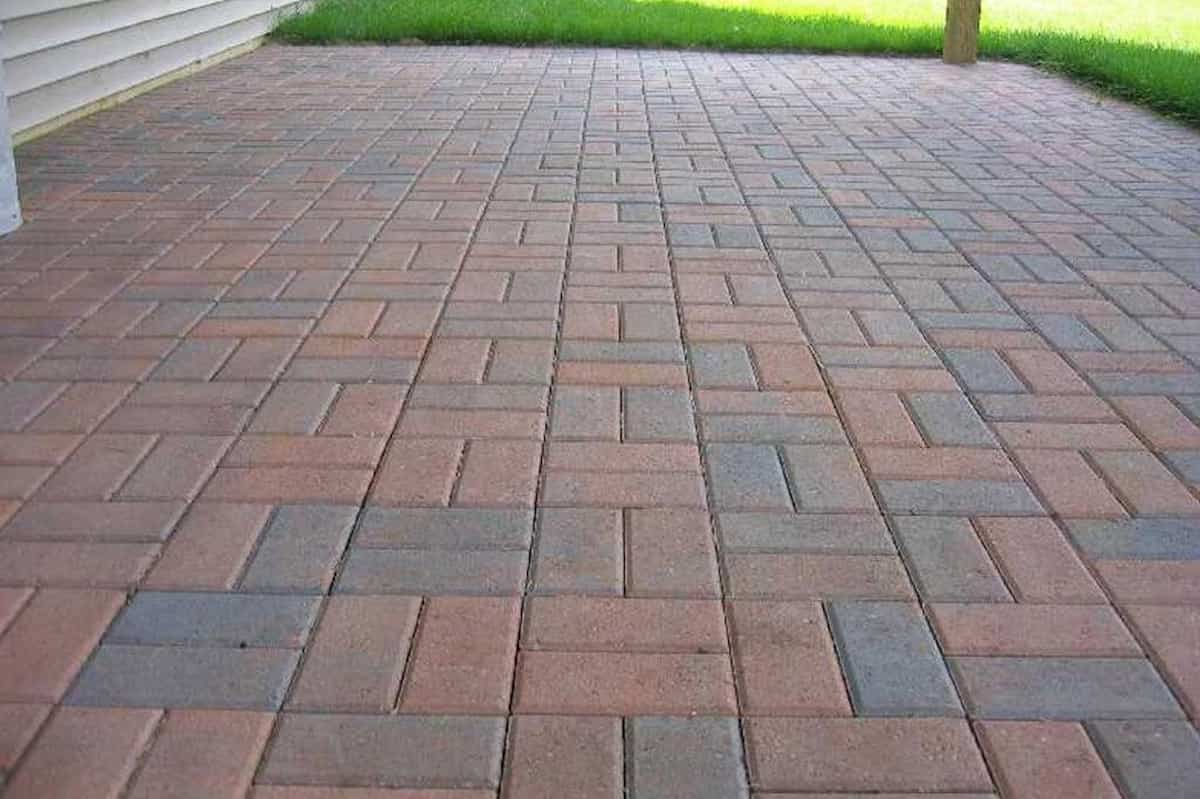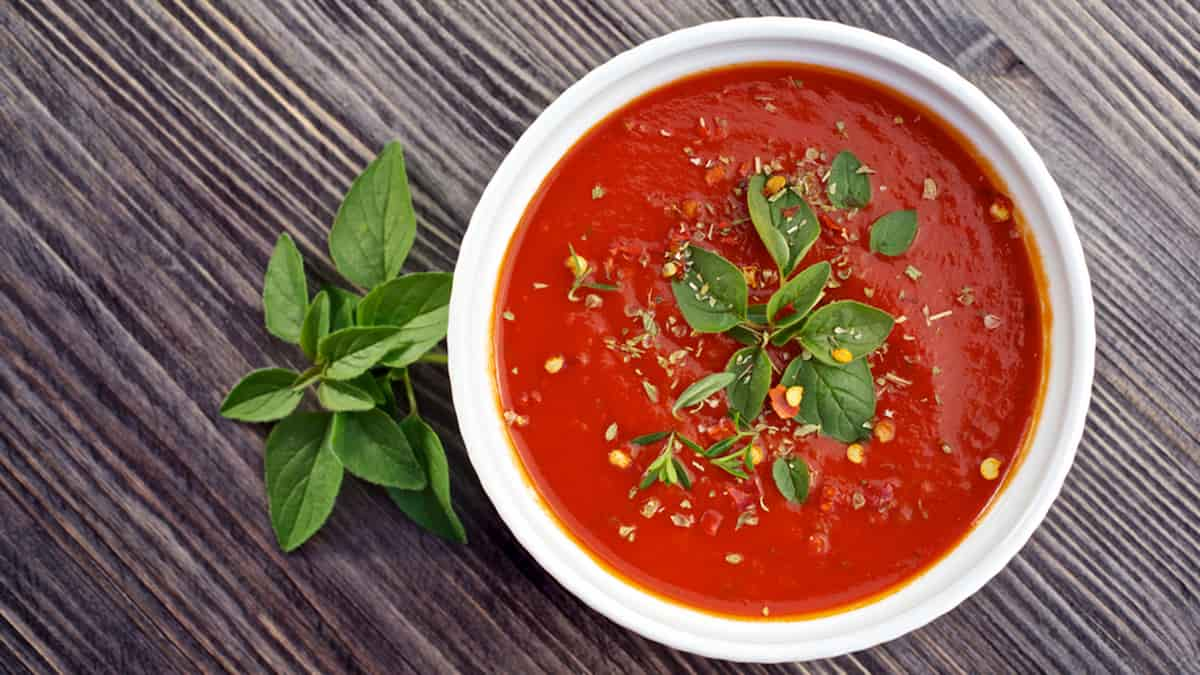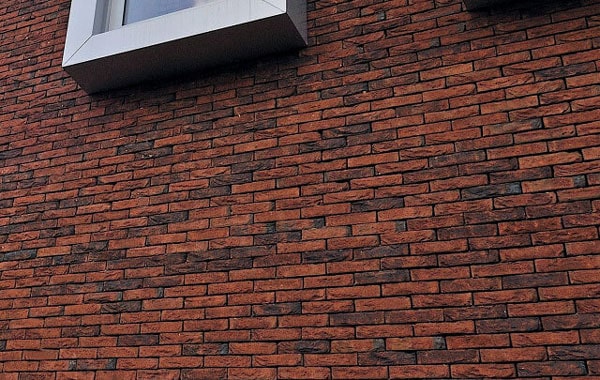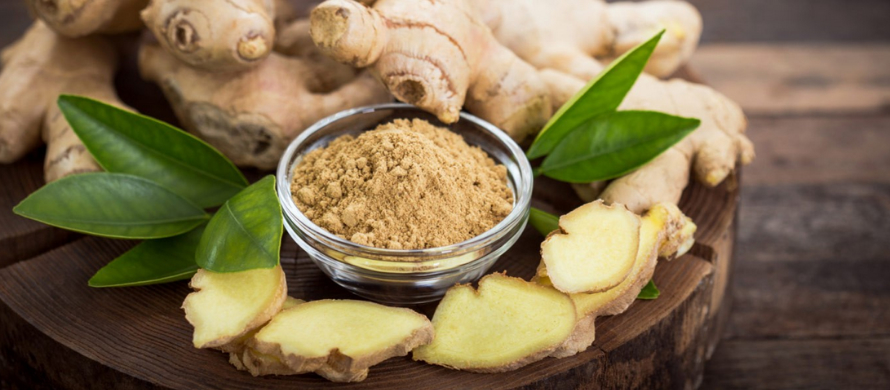Ceramic tiles are offered in roughly different dimensions such as 1, 2, etc. and are usually square, especially for floor.
The size of the tiles used on the walls and floor has a significant effect on the overall look and feel of the room.
Learn how to use the size of the tile suitable for a zone to create something unique, from the form of small mosaic to large tiles.
rectangular designs in a number of materials available and finished, making them flexible for wall and floor cover.
Some large L tile forms have fewer gridlines for maintenance and can make your space larger, more open, and less clutter.
Some people even use 24*12 inch tiles in their home to add additional artistic elements such as the eye surface bar or decorative tiles to complete the appearance.
Due to its improved ease of use, 12″ is being converted by 24 “tiles more than 12” by 12 “tiles”.
They are also present in a number of colors and payments, allowing you to choose from a wide range of decor styles from traditional to rural.
With the use of peel technology and delltil wood and group techniques, wall tiles have never been easier to install.

They are an amazing supplement for DIYers because they are easy to install.
This beautiful mosaic tile is anything but common.
Bringing it together is not easy, but rather unique and professional.
Square Ceramic Tiles
Ceramic tiles that are square for both floors and walls.
These tiles are ideal for shower walls, coatings, and even as a wall feature independent.
The wall tiles give each depth, character and dimension room while protecting the surface.
When compared to other options like color and wallpaper, wall tiles are almost unconcerned.
Ceramic, glass, stone and other materials are used to make wall tiles.
Since it has a vertical surface, there is no need to worry about foot movement or slip resistance.
You can use any material, size, shape, or texture.
The result is that the best tile on the wall is a subject to be considered.

Most people believe that ceramic tiles are the largest piece of wall tile.
It can bear the needs of kitchens, backsplash, or shower because it is resistant to water, stains, heat and scratches.
Ceramic tile is the most affordable option because it is easy to cut and available in a variety of glossy colors and textures.
Chinese tile, which is water-resistant and incredibly durable, is also a good choice – especially for walls that require extra protection, such as high-traffic areas or outdoor use.
Luxury natural stones offer the best return for investment as its value in resale becomes greater.
The back fall in the kitchens and bathrooms are as much a wall protection as they are a style of choice.
Mosaic backing parts are available in a wide range of materials including ceramic tile, porcelain tile and natural stone tile.
Natural stone, quartz and Chinese tiles are available in super large sizes for a seamless modern savings.
The tiles made of glass and metal are attractive and impressive.
Glass tiles, ceramic tiles and porcelain tiles are easy to clean and install under a day.

Natural stone tile is more expensive and needs more maintenance than other materials, but with regular sealing and a little more care, it can take a long time.
When removing natural tiles, all of the material offers a magnificent style, each of which is quite unique.
The use of natural headstones has become increasingly fashionable due to increasing sales value.
Because the bathrooms are always moist, special attention should be given to the bathroom wall maps.
The shower wall tiles do not need to worry about standing water or passing feet because they are a vertical surface, but they should be able to control daily moisture and clean regularly.
Tile is the best choice for a shower wall for these and more reasons.
For shower enclosure, people are recommended to use ceramic tile or porcelain tile because they are more resistant to water, resistant and easy to clean.
Natural stone tile is popular for bathroom and is a great alternative, but must be sealed again annually and cleaned with natural stone cleaner before use.
To confirm that the installation of bathroom wall tiles remains waterproof, moisture barriers or backboards should be used.

1 Inch Square Ceramic Tiles
Consumer floor ceramic tiles can measure up to 18″ in 18″ squares. 1 inch is an dimension for measuring the size of tiles.
With the popularity of large tiles, large sizes have also become popular.
The only exception is that the tile floor is with mosaic sheet – the small tiles are combined with mesh support plates.
Classic 1 inch hexagonal mosaic is always installed on the bathroom floor.
There seems to be no particular group winner among hundreds of options for both wall and floor tiles.
The floor and wall tiles both have similar appearance, although the thinner wall ceramic tiles can be found in a wider range of colors and patterns.
Waterproof Ceramic Wall Tiles and Tiles are comparable to Floor Tiles.
Wall tiles, on the other hand, are significantly smaller in lateral applications, and thus are not impervious to the heating of hot frames and frames.
Because the floor tile is often thicker than the wall tiles, they may provide more thermal resistance when used as stainless.
Therefore, this does not include building walls or floors.

Floor tiles have a slight edge on the wall tiles, which resist the heat in the facility where this degree is suitable – like flooring.
There is no difference between the wall tiles and the floor tiles in terms of water resistance.
The same cleaning process profile is used for both wall and floor tiles.
Soap and simple water can be used to clean tiles.
Flooring between tiles should be kept clean and may be replaced every few years if it is damaged or has lost color.
2 Inch Square Ceramic Tiles
Square tiles have a wide range of use, according to 2-inch ceramic tiles.
COF rating (friction coefficient):
COF rating is one of the factors that decide the type of tile to use on walls and floors.
The COF rating is assigned to each ceramic and ceramic tile.
To be good in walking, floor tiles must have low friction coefficient.
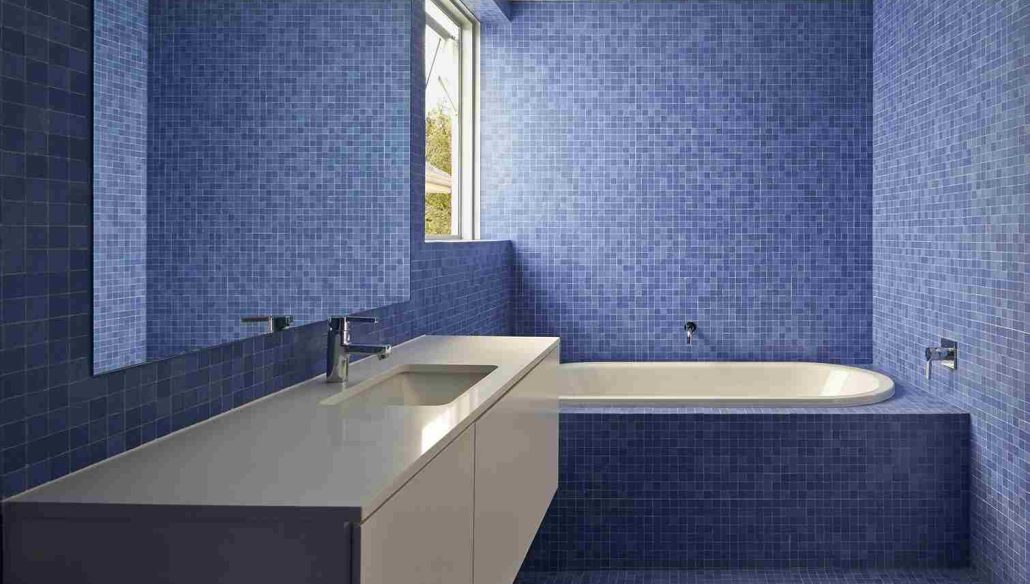
The coefficient of friction, or COF, is a number that shows how much friction there is.
The larger the number, the greater the friction.
Since friction is not a concern that the pull is not fundamental, the wall tiles can be peeled and slippery like glass.
The second for the determination of hardness and durability is the PEI (Chinese Enamel Institute) rating.
The Porcelin EnAmol (PEI) Institute publishes the PEI rating in five areas where tile manufacturers can use if they wish.
Categories range from class 1 (no foot traffic) to class 5 (high-altitude traffic, such as in business situations).
PEI indices are often involved in the properties of each tile and are a very good predictor of tile behavior.
Floor tiles are thicker and more durable than wall tiles, making them suitable for both wall and floor applications.
The floor tile is thicker, harder and longer, but it is only an advantage that comes to the flooring facility.
Both types of tiles are as durable as they are when used on walls.
